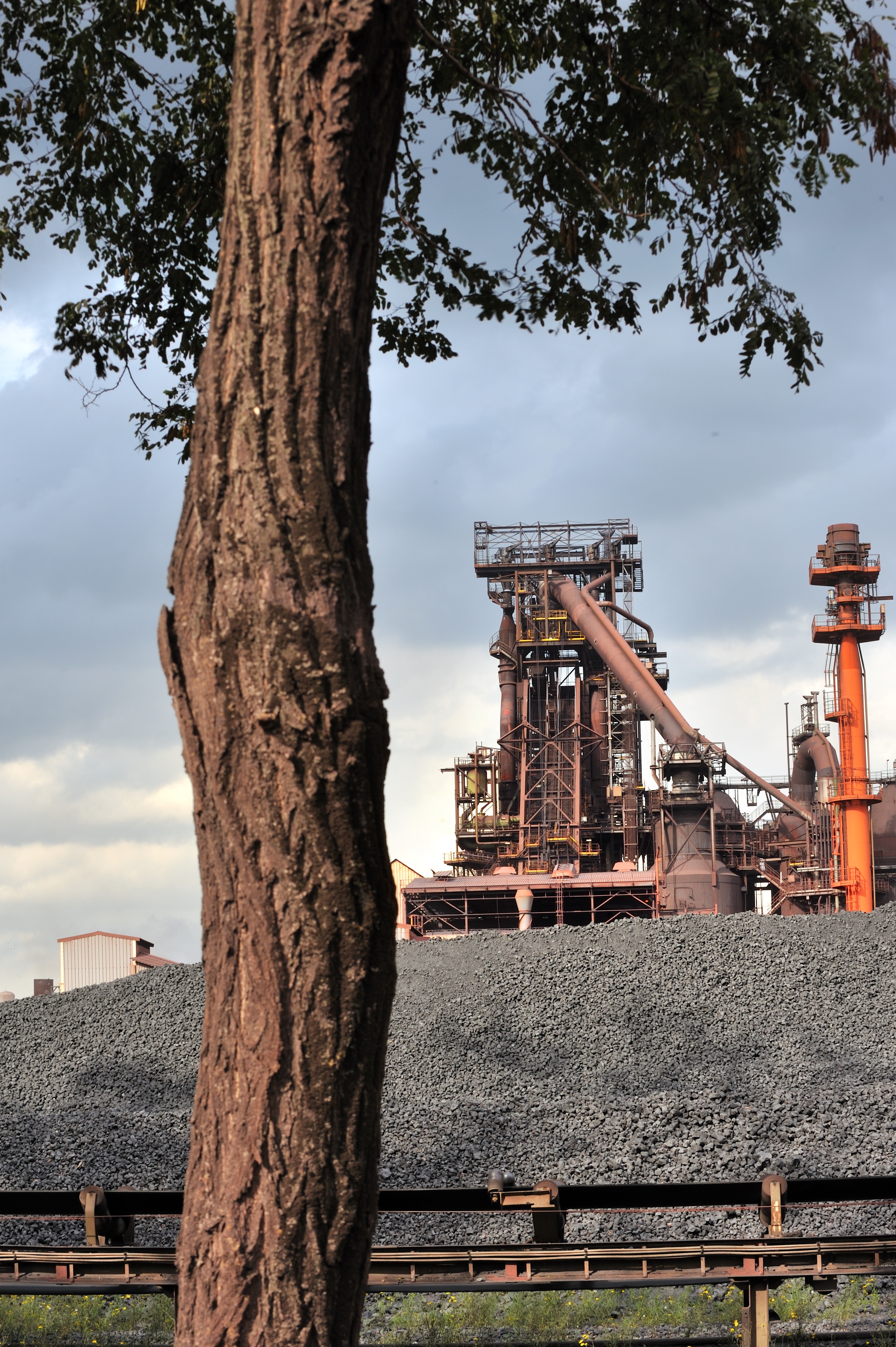ArcelorMittal’s commitment to carbon reduction efforts were on display during the 2016 International Corporate Citizenship Conference, where they served as the event’s carbon offset sponsor.
In order to address the world’s most pressing environmental, social, and governance (ESG) issues, companies must continually search out and implement new ways to address their impacts and invest in sustainable solutions for today and for the future.

Often, corporate citizenship objectives are reached by a series of many small steps that add up to a major collective impact. It is in this way that most progress is achieved. However, there are times when forward-thinking companies can gain ground by making a single strategic investment—a large commitment that simultaneously advances both citizenship and business objectives. ArcelorMittal is on their way to doing just that.
As the largest global producer of steel, ArcelorMittal has recognized the need for technology that will minimize the effect steel production has on the environment. The company has recently announced plans to construct a new, cutting-edge production facility in Ghent, Belgium that will convert the waste gases from steel production into bioethanol, a biofuel that can help reduce global reliance on gasoline. The project is a partnership with LanzaTech and Primetals Technologies and makes use of technology that has been in development by scientists at MIT.
“This partnership is an example of how we are looking at all potential opportunities to reduce CO2 emissions and support a transition to a lower carbon economy,” said Carl De Maré, vice president of innovation at ArcelorMittal. “Steel is produced through a chemical process that results in high levels of waste gases being emitted; this new technology will enable us to convert some of these waste gases into fuels that deliver significant environmental benefits when compared to conventional fossil fuels. It is an example of why our carbon footprint should be viewed on a life cycle analysis basis, given steel is 100 percent recyclable and the material impact we make on reducing the carbon footprint of our customers through product innovation.”
Every ton of bioethanol produced displaces 5.2 barrels of gasoline, while reducing ArcelorMittal’s CO2 emissions by 2.3 tons. Following the project’s planned completion in 2018, the plant will have the potential to produce 47,000 tons of bioethanol per year— enough to fuel half a million cars. This single capital investment will go a long way in advancing the company’s broader sustainability objectives.
The commitment to the research and development of sustainable technology is at the forefront of the ArcelorMittal’s work. To further shrink their carbon footprint, the company has made responsible energy use and creating a lower-carbon future one of their ten sustainable development outcomes, working not only to cut energy consumption and carbon emissions, but also to support the development of products that will help consumers reduce their energy consumption and carbon emissions. By 2020, Arcelor Mittal hopes to reduce carbon emissions from steel production by 8 percent per ton of steel in comparison to their 2007 levels.
“Many of the exciting innovations to make cars lighter, buildings more energy efficient and wind turbines taller all come from the research and development being led by our company,” said Dr. Alan Knight, corporate responsibility general manager at ArcelorMittal. The recyclability of steel is well known. Apply some innovation to this advantage and we have products that will be true to the most demanding requirements of a circular economy.”
By investing in new initiatives in addition to altering existing efforts, ArcelorMittal is gaining a competitive advantage. A 2013 study found that sustainability activities that focus on developing new products and processes can result in greater financial gain than those that rely primarily on modifying existing ones.[i]
“We know we live in a carbon-intensive world and as a major consumer of energy we have put in place programs to be more energy- efficient, thereby also reducing costs,” said Lakshmi N. Mittal, chairman and CEO at ArcelorMittal. “We are proud of what we have achieved, but we recognize that the world in which we operate is constantly evolving and we need to adapt our thinking and behavior accordingly. The importance of being able to adapt is crucial in all aspects of our business.”
[i] Kurapatskie, B., & Darnall, N. (2013). Which corporate sustainability activities are associated with greater financial payoffs? Business Strategy and the Environment, 22(1), 49-61.